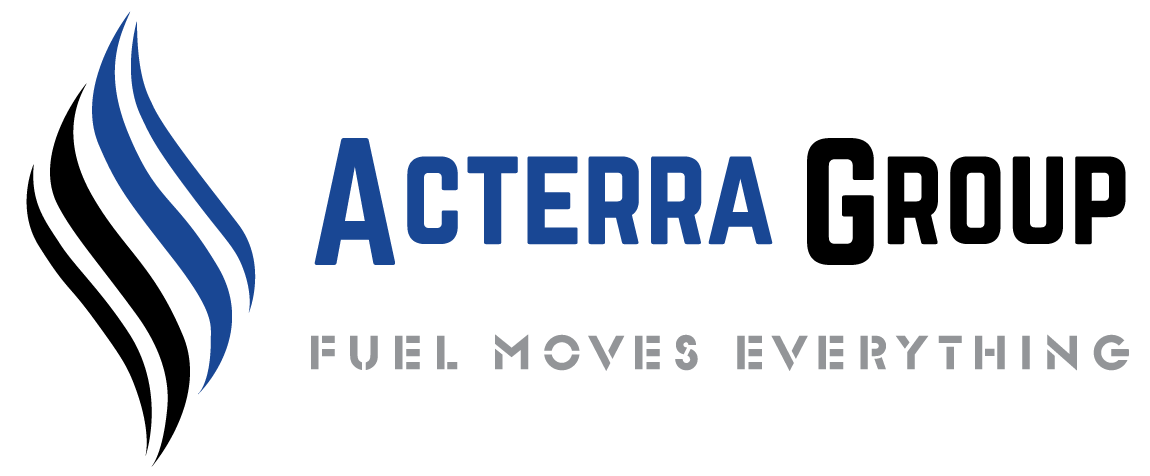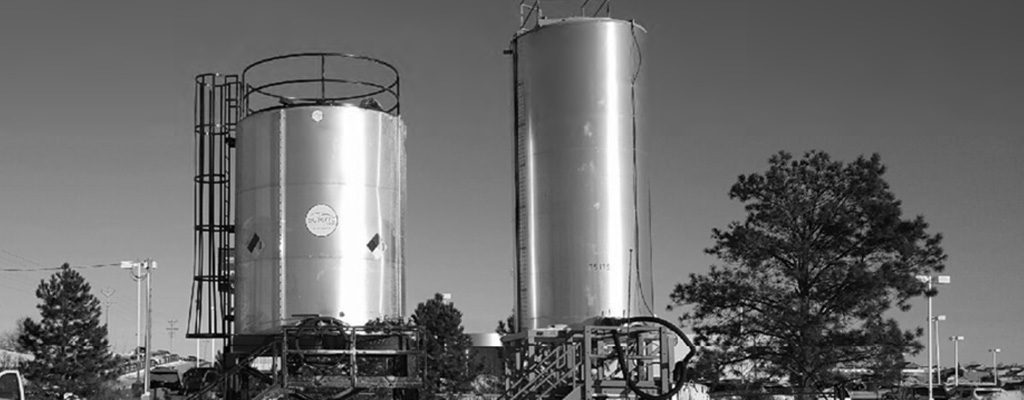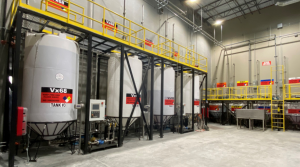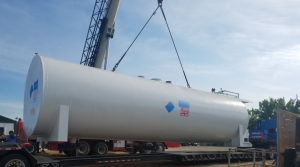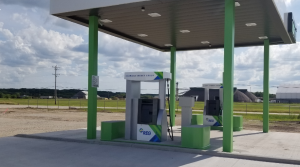When it comes to the performance of asphalt, proper storage is critical.
A customized storage tank system built to handle the needs of your business is the best way to ensure a consistent, quality product that customers can rely on.
Building a new system from scratch is a big undertaking, and just like any new construction product, there’s room for error. But thorough planning can minimize or eliminate delays and setbacks that cut into your budget.
Before you move from the planning to execution phase of your next asphalt storage project, answer the following questions to help you stay on track:
1. What rules and regulations am I obligated to follow?
Failing to understand the local, state and federal rules surrounding not only the storage of asphalt—but the other materials used in the process, like oil used for heating emulsions—is an easy way to derail your project and cause unnecessary headaches.
Unfortunately, rules vary greatly from state to state—even city to city.
Do your due diligence to find out what potential environmental regulations, OSHA standards, and state and local zoning and fire district requirements you will need to follow.
As your tank manufacturer, Acterra uses our expertise to help you understand these rules, and takes them into account during the planning process so there are no surprises come inspection time.
2. What environmental factors should I consider when customizing my tanks?
To minimize heat loss—and profit loss—tanks and pipes should be insulated accordingly to take into account weather extremes. Asphalt storage facilities in the Midwest and other cold areas of the country, for example, will want a fully insulated tank, preferably insulated with fiberglass, as well as insulated piping. Multiple temperature sensors throughout your tank will help reduce errors and improve the accuracy of your measurement.
3. What is your plan for managing the tanks?
Everyday tasks like monitoring and adjusting the temperature of your asphalt are essential to the integrity of the product—and usually one of the biggest operating expenses. If you plan to use heat transfer fluids to heat your emulsion—the now industry-standard option—do you have a plan to maintain them to prevent blockages and clogging?
To make it easier for employees to monitor and manage inventories, consider add-ons like radar level gauges, external temperature gauges, power operated valves, and an actuator that allows them to mix with prevision speed and force.
You should also remember compliance and testing requirements when planning your set-up, and make sure it’s easy for employees to gather quality samples at any time of the year. An optional sampling value can come in handy when it’s time to test the product.
4. How will my needs change in the future?
If you plan to expand your business in the future, consider how your layout could either help or hinder your plans. Will your setup easily allow you to add new tanks or adapt to future technologies? Talk to Acterra about your future needs to create a system that provides the right amount of flexibility for your business.
Do you have questions? Don’t hesitate to reach out to us! Tom Kenney, our resident Asphalt Storage Tank expert, is here to help!
